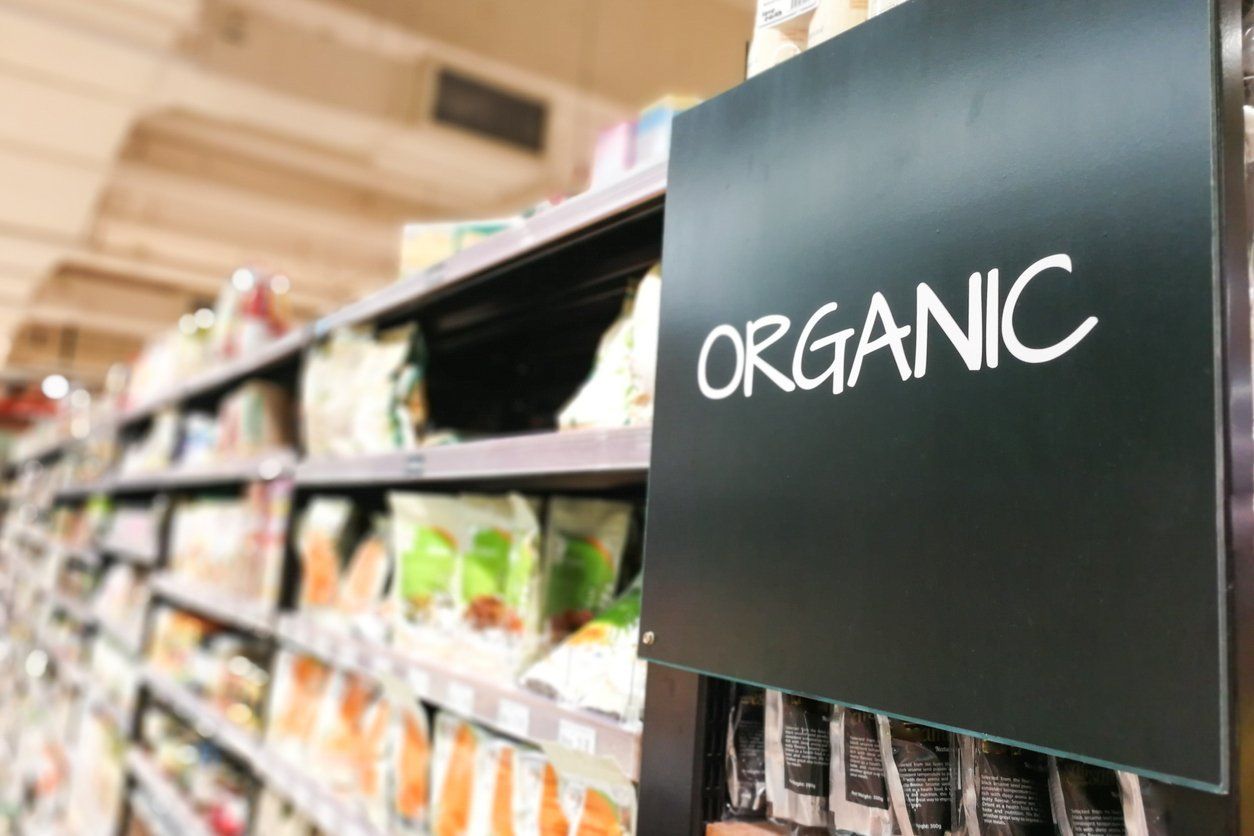Q:
Are there affordable ways to integrate more organic foods in my diet?
A:
Organic has come a long way, baby. Fifteen years ago, most organic foods were found only in specialty stores and associated with people following alternative lifestyles. Many supermarkets today display organic produce alongside conventionally grown fruits and vegetables, with the organic products usually commanding a higher price than the similar conventional foodstuffs.
What makes a food organic, and why does it command a higher price? And is it really healthier? "The principal guidelines for organic production are to use materials and practices that enhance the ecological balance of natural systems. Organic agriculture practices cannot ensure that products are completely free of residues; however, methods are used to minimize pollution from air, soil and water," according to the U.S. Department of Agriculture (USDA).
Uniform national standards for the term organic were established under the Organic Foods Production Act (OFPA) in 1990. This act established the USDA National Organic Program, which oversees the production, handling and processing of organically grown agricultural products. Agricultural products are labeled based on the percentage of organic ingredients they contain.
Foods can be labeled organic in three tiers: "100 percent organic" foods are made from only organic ingredients and processing aids; "organic" foods are derived from 95 percent organically produced ingredients; and foods "made with organic ingredients" have at least 70 percent organic ingredients and are made without the aid of sewage sludge or ionizing radiation. Foods labeled "100 percent organic" or "organic" can display the USDA organic seal.
Organic foods do not have any additional nutritional benefit, although they may be healthier because they do not contain the levels of pesticides found in conventionally grown products. In addition, because they reduce the toll taken by conventional agricultural methods on the soil and water, they may provide overall ecological benefit for the planet.
If you buy organic foods in your local supermarket you may be paying more than you have to. With a little research and a willingness to explore, you can often find organic foods that won't break the pocketbook. Whether you choose to buy organic or not, buying in season and in bulk can often reduce costs. Freezing and canning excess fruits and vegetables are good ways of extending the life of foods and saving money. If you buy in your local supermarket for convenience, find out if the store brand has an organic version. The store brand is usually less expensive than other brands.
In addition, farmers' markets, co-ops and buying clubs often have organic foods available at discounted rates. If your town has a community farm, you may be able purchase a share and receive locally grown produce.
To find out more about organic agriculture, visit the USDA's guide to Sustainable Agriculture Organizations and Information Providers.
Can't afford to eat all organic? Start with these items. Plus, simple tips for budget shopping.


